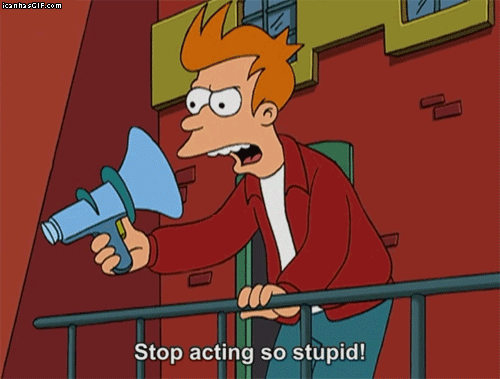If all the Facebook profile pic filters haven't given you a clue, a significant legal decision was recently made about how marriage is defined in the United States. People used their voices to express displeasure about the current status of things, and so affected change. Yes, I realize it's entirely more complicated than that. Also yes, I realize that this change doesn't by any means actually fix a lot of they systemic problems inherent in the way that any majority culture views "the other."
But it does (as things always tend to do), get my little mental hamster wheels spinning. How do we, as a society, go about defining an "other" when that spoken voice isn't available to guide us as far as terminology, or educate us on areas of continued inequality? For example, there's research out there that people in comas are capable of having simple yes/no style conversations. Our brains are a terrifying jumble of stuff, people. As much as we learn about them there's always new stuff being discovered.
By default, terms and regulations get created by those who are cognitively able to: 1. recognize that an inequality exists and 2. express to others around them know how they would like that inequality addressed. I think a lot about what the mind space is like for a person whose sensory processing system is so differently wired that they can't tolerate general ambient noise without wearing the kind of headphones that block anything quieter than a jet engine. Disability (or "differently abled," or "neurotypicality") exists on a spectrum, and the words we use and the laws put in place are there because those on the higher-functioning end of the spectrum spoke up for those on the lower end. Which is, of course, not to say that the progress that's been made is anything less than deserved. I'm just curious what the discourse would be like if we figured out how to access the truly voiceless.



No comments:
Post a Comment